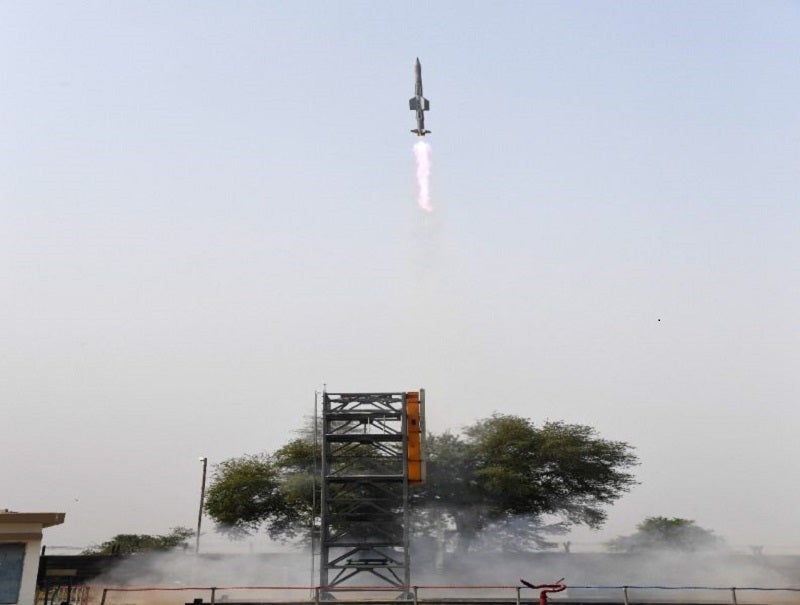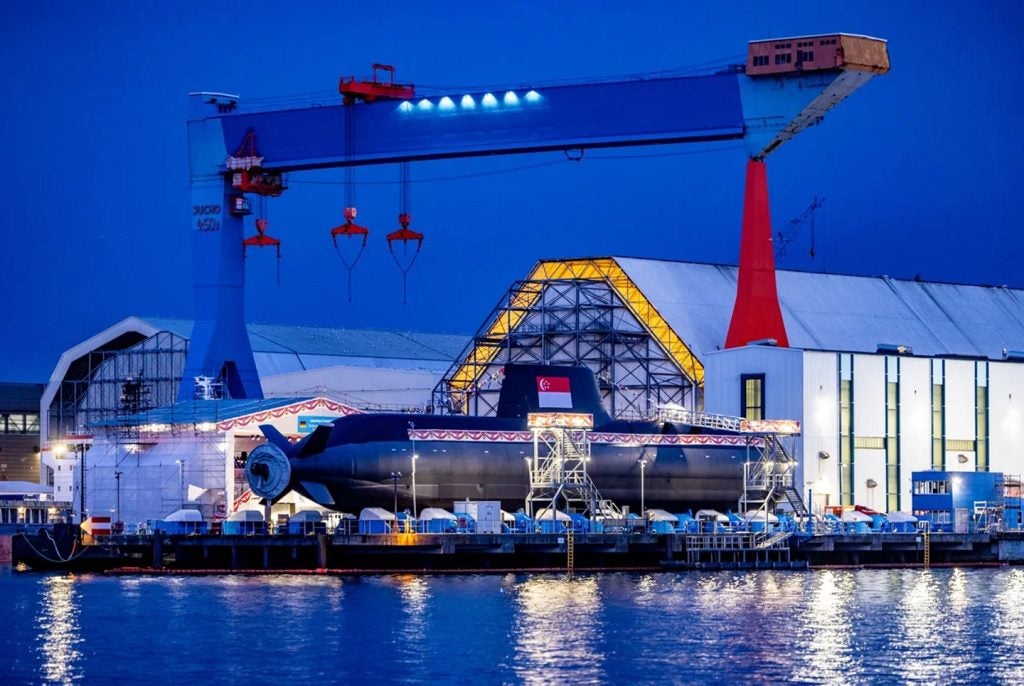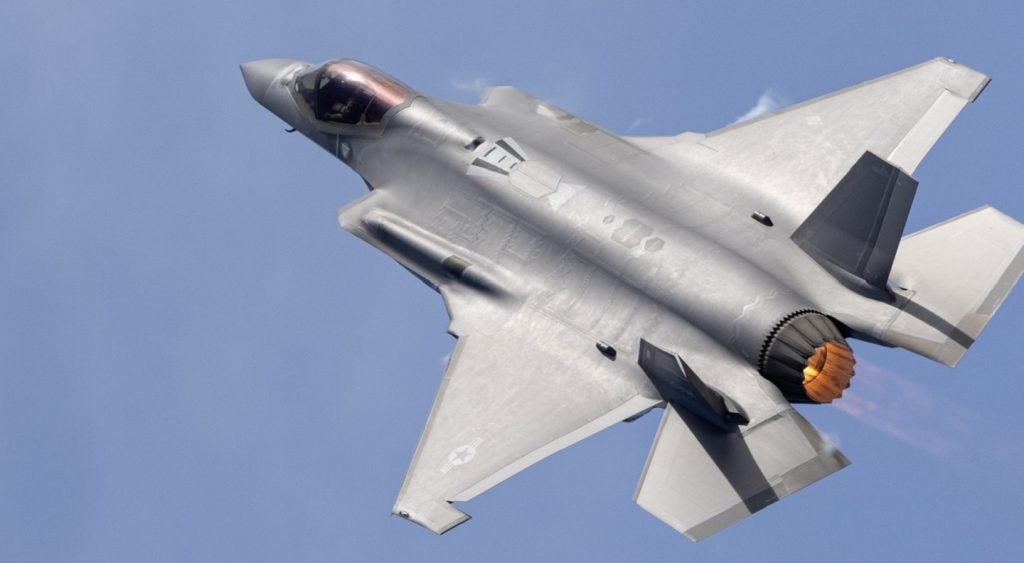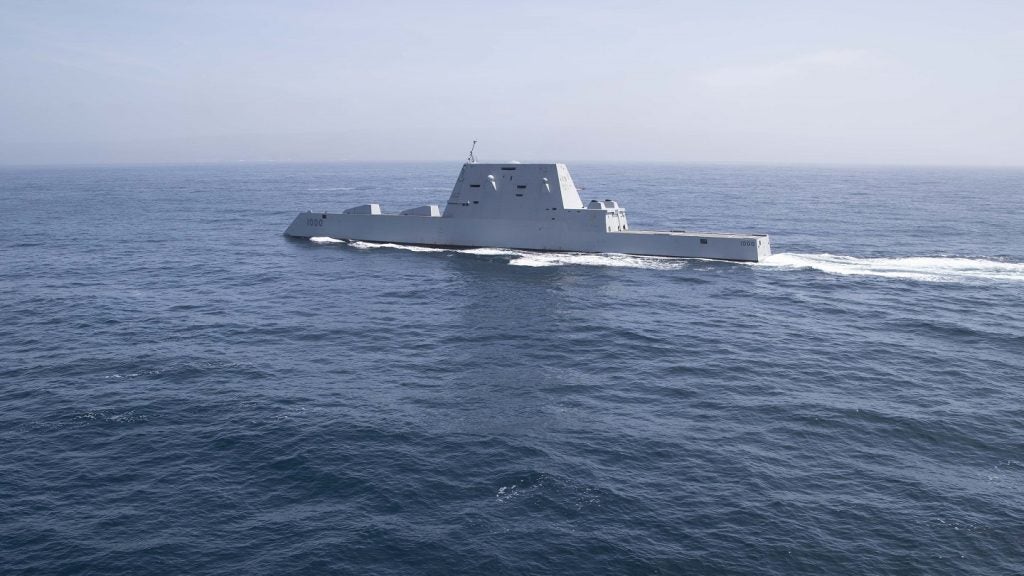
India’s Defence Research & Development Organisation (DRDO) has successfully flight-tested Vertical Launch Short Range Surface to Air Missile (VL-SRSAM) from Integrated Test Range, Chandipur, off the Odisha coast.
The launch of the surface-to-air missile was carried out from a vertical launcher against an electronic target at a very low altitude.
Through several tracking instruments deployed by ITR, Chandipur, the missile’s flight path and health parameters were monitored.
The Ministry of Defence stated that all sub-systems worked as per expectation.
Monitored by DRDO and Indian Navy, the flight test of the missile was undertaken to validate integrated operation of all weapon system components that are needed for undertaking launches of the missile in the future from Indian naval ships.
These components comprise canisterised flight, a vehicle vertical launcher unit with controller, and a weapon control system.
How well do you really know your competitors?
Access the most comprehensive Company Profiles on the market, powered by GlobalData. Save hours of research. Gain competitive edge.

Thank you!
Your download email will arrive shortly
Not ready to buy yet? Download a free sample
We are confident about the unique quality of our Company Profiles. However, we want you to make the most beneficial decision for your business, so we offer a free sample that you can download by submitting the below form
By GlobalDataThis is the second trial, with the first undertaken on 22 February 2021.
The system is expected to boost the Indian Navy’s defence capability against aerial threats.
The DRDO facilities that worked on the development of the system are Hyderabad-based Defence Research and Development Laboratory (DRDL) and Research Centre Imarat (RCI), and Pune-based Research & Development Establishment (Engineers).
In April, the Indian Ministry of Defence (MoD) announced the development of Advanced Chaff Technology to safeguard naval vessels from missile attacks.
This technology was developed by DRDO’s laboratory, Defence Laboratory Jodhpur.
A passive expendable electronic countermeasure technology, Chaff can help to protect vessels from radar and radio frequency (RF) missile seekers of an enemy.







